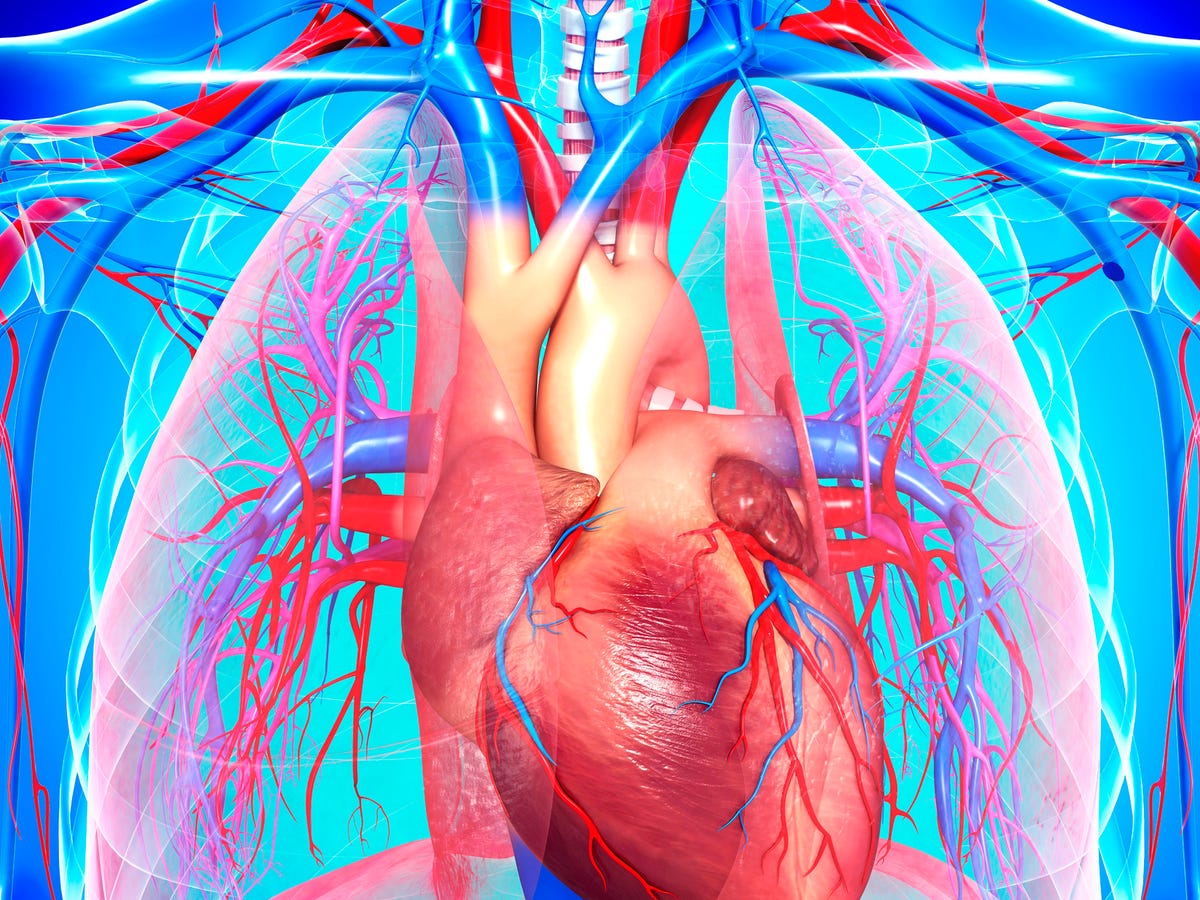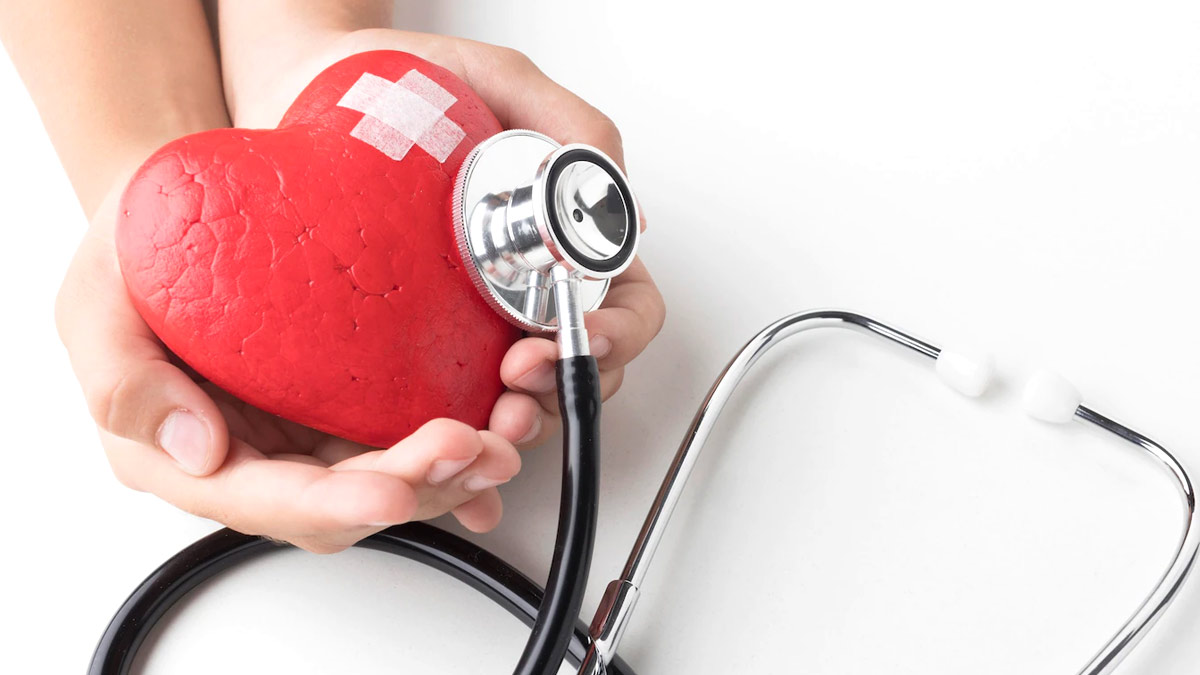Heart Disease and Alcohol – What Happens When You Drink Too Much – The amount of alcohol you drink does not directly affect heart disease risk, but drinking too much can increase your blood pressure, cholesterol levels, and blood sugar levels.
Are you aware of the risks of heart disease when drinking alcohol? If you haven’t been paying attention, you might not know that heart disease is the number one killer in America today, killing one person every 40 seconds.
Have you ever wondered why alcohol consumption is the leading cause of death in the United States? In this blog post, we will talk about the risks associated with drinking alcohol. We will explain how heart disease and alcoholism are linked.
Alcohol and heart disease
A study by researchers at the University of Minnesota showed that the risk of developing heart disease increases with alcohol consumption.
Compared to non-drinkers, the risk of heart disease is doubled for men who drink 3-4 drinks daily. Women’s risk is tripled for those who consume more than five drinks daily.
In addition, heavy drinkers have more severe coronary artery calcification, a major contributor to coronary heart disease.
How alcohol affects the body
Alcohol is a depressant. It reduces the activity of the central nervous system, which includes the brain. This means that the action of the brain slows down.
As a result, alcohol affects the heart, liver, pancreas, and stomach. This may lead to alcoholic cardiomyopathy, liver damage, pancreatitis, and ulcers.
Health risks associated with drinking too much alcohol
Alcohol consumption is the leading cause of death in the United States. According to the National Institute of Alcohol Abuse and Alcoholism, it is responsible for more than 5% of deaths among adults aged 21 and older.
However, drinking too much alcohol is a major risk factor for heart disease.
It has been shown that men who drink more than one alcoholic beverage per day have a 60% increased risk of having a heart attack. However, women do not offer this correlation.
People who consume more than three drinks daily have an approximately 30% greater risk of developing a heart attack.
Additionally, heavy drinking increases the risk of stroke.
Heavy alcohol consumption also raises blood pressure, leading to cardiovascular diseases such as heart attacks and strokes.
Heart disease symptoms and treatment
Did you know that heart disease is the leading cause of death in the United States? That is a fact. So if you have any symptoms, it is best to visit your doctor immediately.
Symptoms of heart disease include chest pain, shortness of breath, and irregular heartbeat. Some of these symptoms may indicate other medical conditions as well.
If you notice any of the following symptoms, it is best to contact your doctor:
Chest pain
Shortness of breath
Irregular heartbeat
Fatigue
Lightheadedness
Nausea
Numbness in the arms or legs
Trouble sleeping

Frequently Asked Questions(FAQs)
Q: How can women who drink moderately avoid serious heart disease?
A: Moderate drinking has been proven to reduce the risk of cardiovascular disease by 30 percent, according to the National Heart, Lung, and Blood Institute. Moderate drinking means one drink per day or less for women and two drinks per day or less for men.
Q: What about drinking during pregnancy?
A: Drinking during pregnancy has been linked to low birth weight babies, premature babies, and stillbirths, so the American Heart Association recommends avoiding alcohol completely during pregnancy.
Q: Can moderate drinking cause breast cancer?
A: In observational studies, moderate drinking has not been associated with an increased risk of breast cancer. However, studies have shown that some alcoholic beverages may have higher estrogenic compounds than other types of alcohol. These estrogenic compounds can stimulate cell growth in some parts of the body. It is important to remember that only certain types of alcoholic beverages are linked
Q: How important is knowing your risk factors for heart disease?
A: When you have high blood pressure, cholesterol, or diabetes, it is really important to know what you are doing to help yourself. Some foods can hurt your heart health. For example, sugar has a lot of calories, which can increase your body’s fat.
Q: What advice would you give a woman who drinks heavily and wants to stop?
A: A lot of women drink alcohol, thinking that they only have one or two drinks. You might be having four or five drinks in a day. If you want to be healthy, drinking alcohol can hurt your heart health.
Q: Can heart disease be reversed with the right diet?
A: Yes. Heart disease can be reversed with a good diet. It can be prevented if you eat better. I recommend eating healthy foods like fruit and vegetables. You can also do exercise every day and lose weight. If you want to reverse heart disease, it’s important not to smoke or drink excessively.
Q: What kind of exercise works best?
A: Exercise helps you stay healthy by giving you energy and helping you lose weight. If you are overweight, you should start doing light exercise such as walking daily. This can help you to lose weight.
Myths About heart disease
1. Drinking alcohol may help prevent heart disease.
2. Drinking alcohol is a bad thing for your health.
3. You don’t have to worry about drinking when you are already having a heart attack.
4. Alcohol does not negatively affect your heart when you are not exercising.
5. If you have heart disease, you should not drink alcohol.
Conclusion
Alcohol can cause several health issues and problems when consumed in excess. This is especially true for heart disease.
The American Heart Association reports that alcohol consumption leads to an increased risk of heart disease and stroke. These health issues are only exacerbated by the fact that alcohol causes blood pressure to rise. This can lead to an increased risk of a heart attack.
Alcohol consumption also affects other body systems. This includes the liver and stomach. If you drink too much, you may experience digestive issues such as nausea, vomiting, or diarrhea.
Alcohol is also known to cause dry mouth. This is because alcohol dries up the mouth. As a result, people tend to drink more often.













